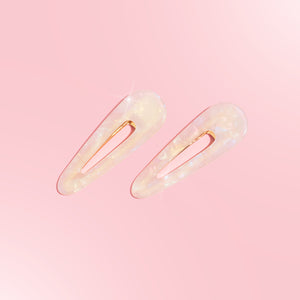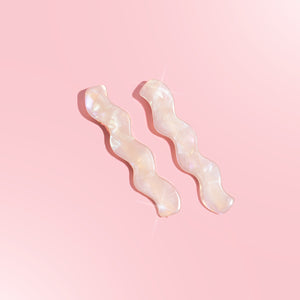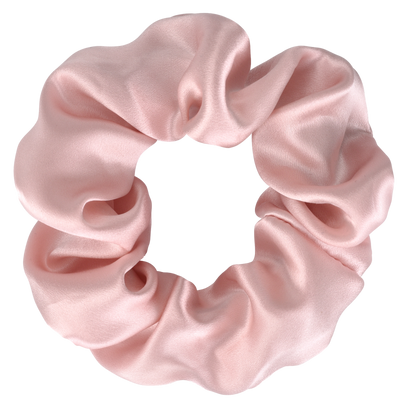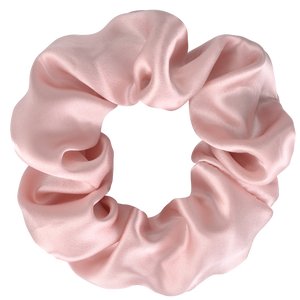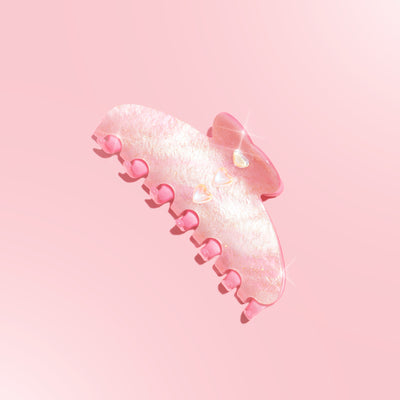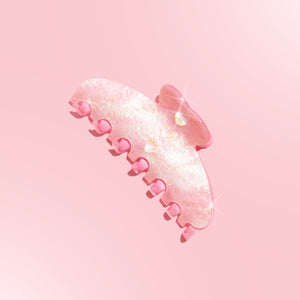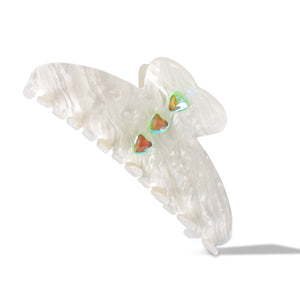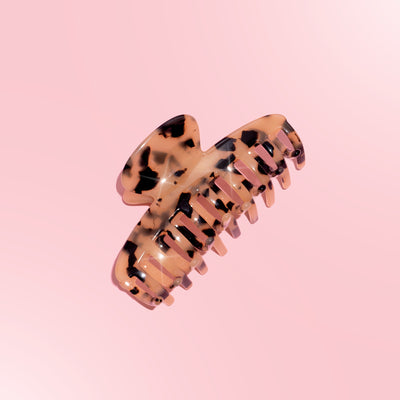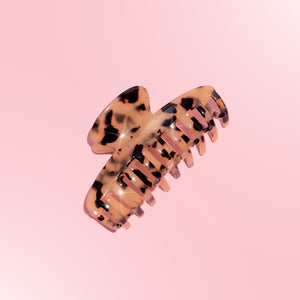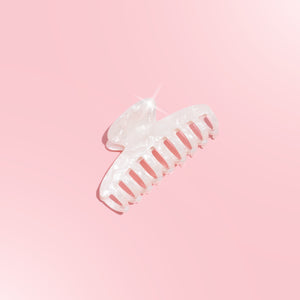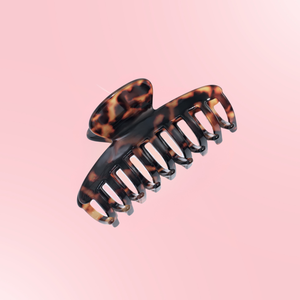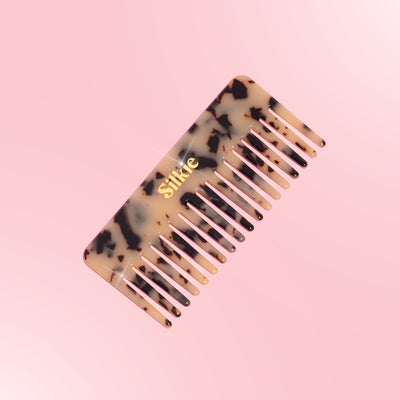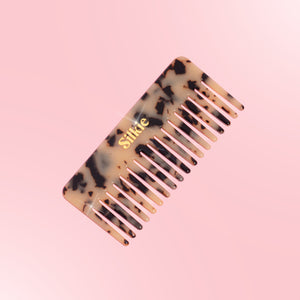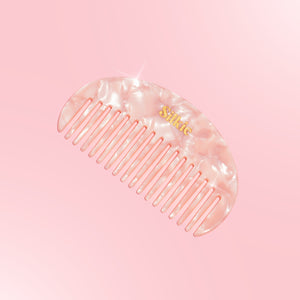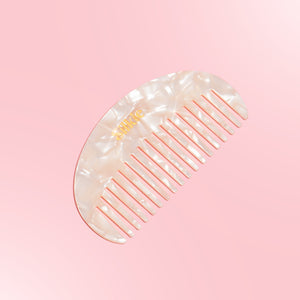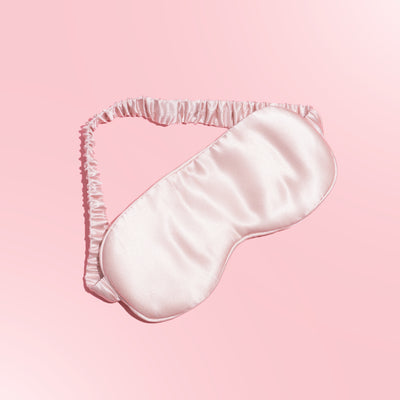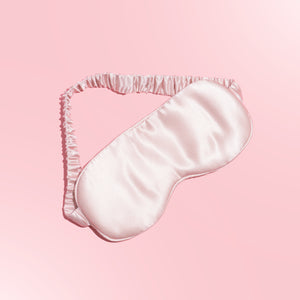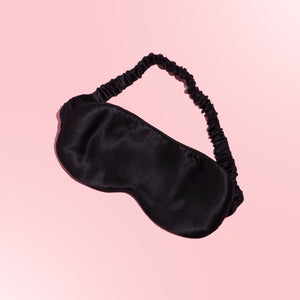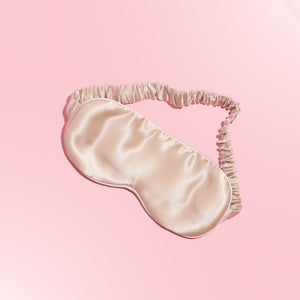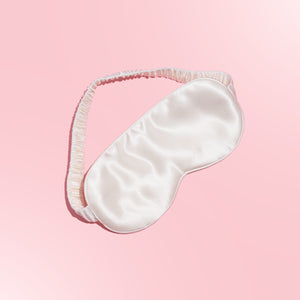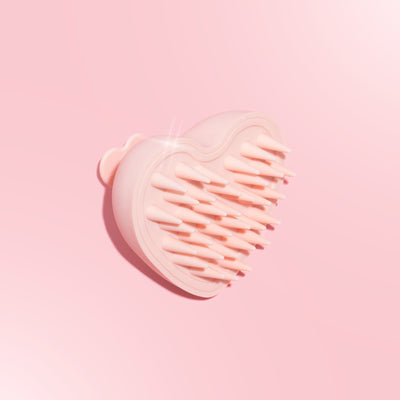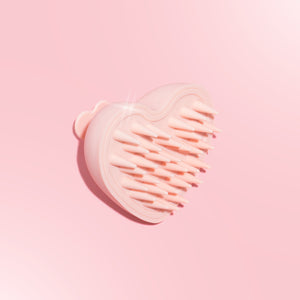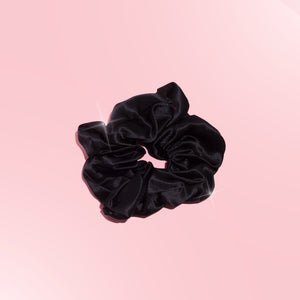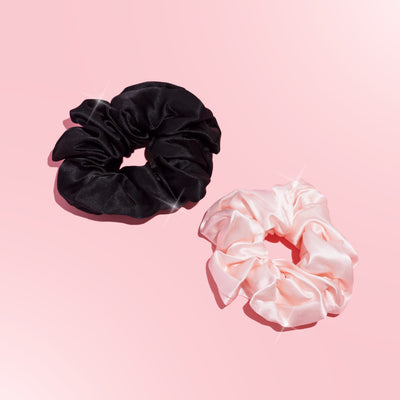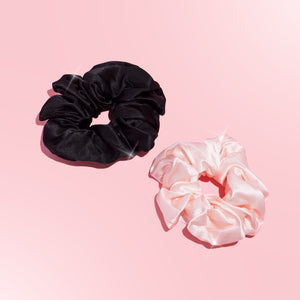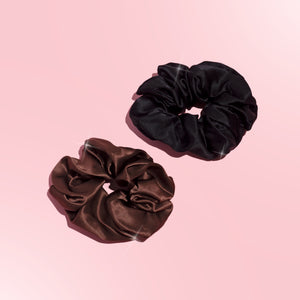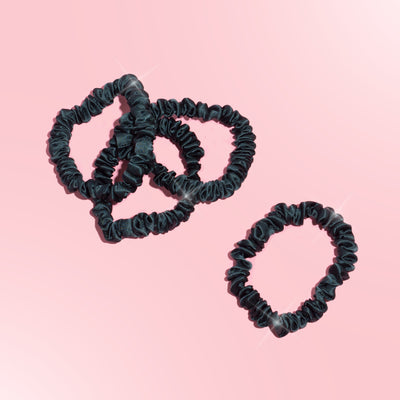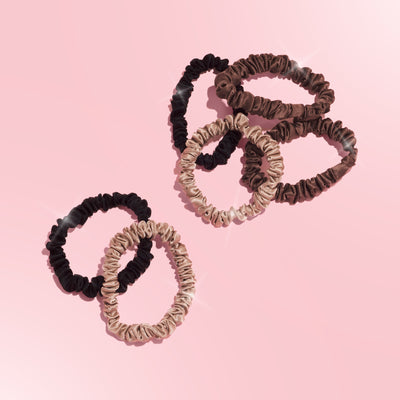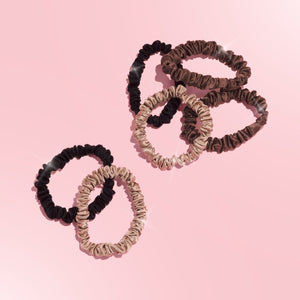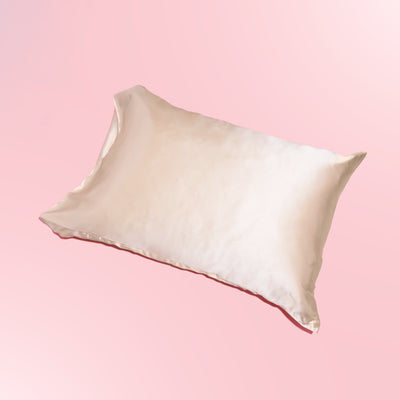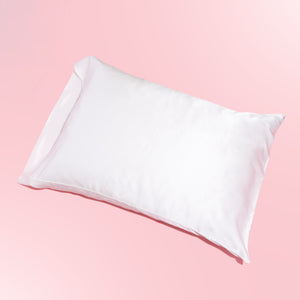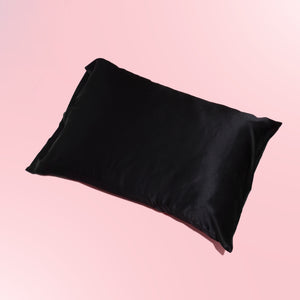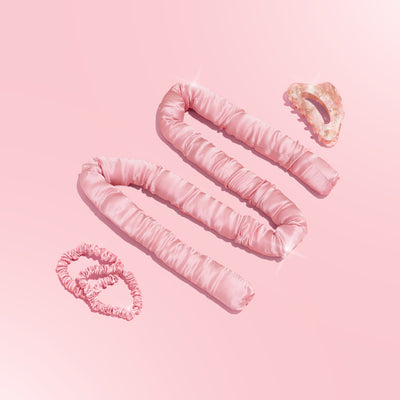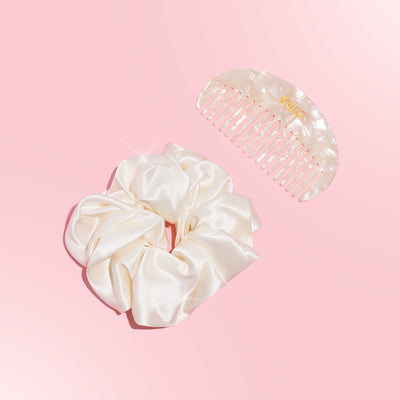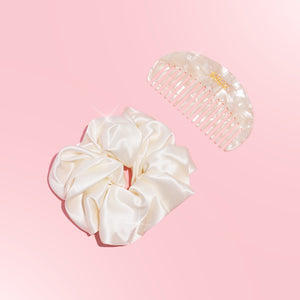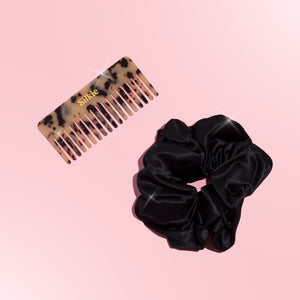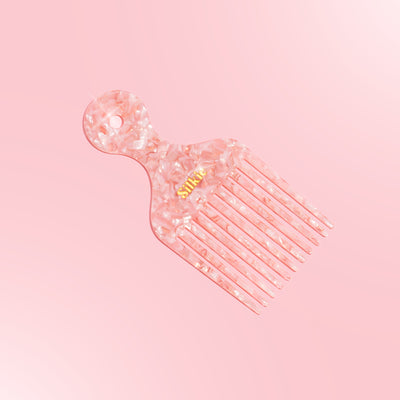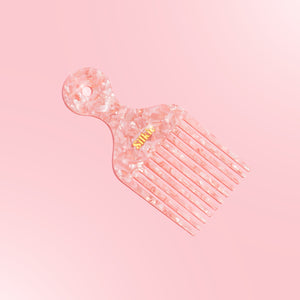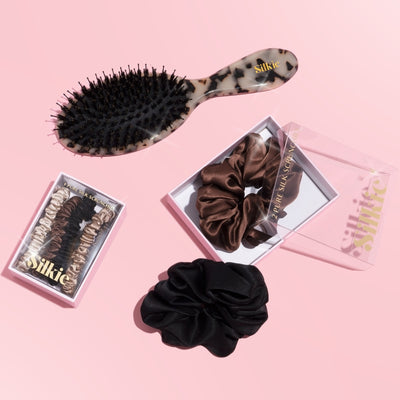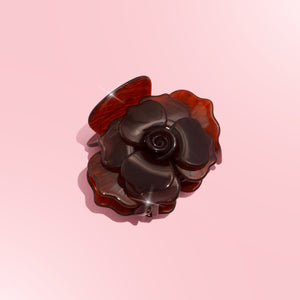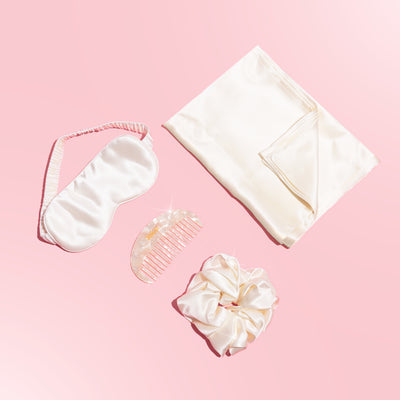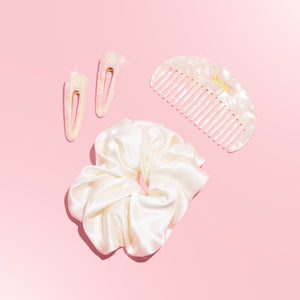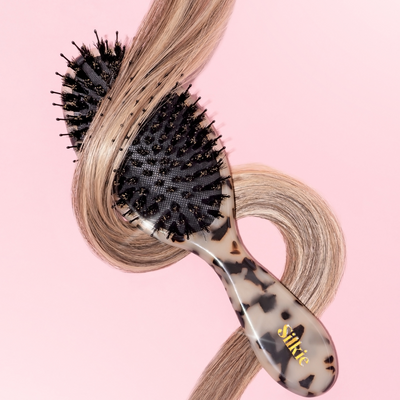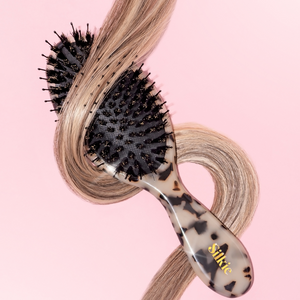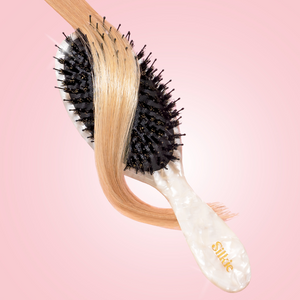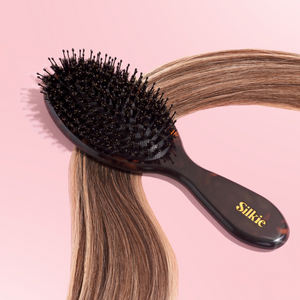How Often Should You Really Trim Your Hair?
The Truth About Timing, Split Ends & Healthier Length
You’ve probably heard it before: “Trim your hair every 6 to 8 weeks.”
But does everyone really need to stick to that rule?
Short answer: not always.
The idea that your hair needs a rigid, recurring cut isn’t one-size-fits-all. How often you trim should depend on your hair goals, texture, and how you care for your strands between salon visits. And here’s the kicker — the wrong trimming schedule could actually be holding you back from the length or look you want.
At Silkie, we believe haircare should feel intentional, not obligatory. So let’s break down how often you really need to trim your hair — and how to keep it healthy in between.
Why Trimming Matters in the First Place
Before we get into timing, it’s important to understand why trimming is essential.
Your hair doesn’t need trims to grow — growth happens at the scalp. But what regular trims do is:
-
Remove split ends that can travel up the shaft
-
Prevent breakage and thin, wispy ends
-
Maintain shape and volume for your style
-
Promote healthier-looking length over time
Letting damaged ends linger leads to more breakage, less bounce, and the illusion that your hair isn’t growing at all.
The Best Trimming Schedule by Hair Type and Goal
Let’s tailor the truth to your hair.
1. If You’re Growing It Out:
Trim every 10–12 weeks.
The key is to let your hair gain length, but still clean up split ends before they do damage. Ask your stylist for a “dusting” — a light trim that keeps shape without taking off significant length.
2. If You Heat Style or Color Often:
Trim every 6–8 weeks.
Frequent coloring or heat tools cause dryness and split ends, so more regular trims are crucial. This helps you keep ends healthy even if your roots are thriving.
3. If You Have Short Hair or Layers:
Trim every 4–6 weeks.
Short cuts lose their shape quickly. If your style depends on sharp lines or structure, trims are necessary to keep things fresh and polished.
4. If You Have Curly or Coily Hair:
Trim every 3–4 months.
Curly hair is more prone to dryness, but can often mask split ends. Regular dustings every season help maintain curl pattern and volume without over-trimming.
Signs You’re Overdue for a Trim
No calendar needed — your hair will tell you when it’s time:
-
Ends feel rough or look frayed
-
You’re seeing more tangles or breakage
-
Your style won’t hold like it used to
-
Hair looks flat or lifeless at the ends
Between-Trims TLC: Protecting Your Ends
Here’s where your routine makes all the difference. Proper care between trims extends the life of your style and protects those precious inches.
At Silkie, we swear by pure silk pillowcases for reducing friction and breakage while you sleep. Unlike cotton, silk lets your hair glide — keeping ends smoother, longer. It’s one of the easiest ways to stretch time between trims without sacrificing hair health.
Try it for yourself at www.shopsilkie.com.
Other tips to preserve your ends:
-
Use a leave-in conditioner or hair oil to seal moisture
-
Sleep in a loose braid or bun to reduce mechanical damage
-
Avoid brushing wet hair unless detangling with a wide-tooth comb
-
Wrap your hair in silk while sleeping or lounging to prevent split ends
So, How Often Should You Trim?
The honest answer? It depends on your hair’s condition, not the calendar.
A tailored approach gives your hair the space to grow and thrive without constant snipping. And with the right daily and nightly care — like swapping to a Silkie silk pillowcase — you may find you need trims less often than you think.
Let Your Hair Goals Lead the Way
No rule is universal when it comes to trimming. Whether you’re growing it out, maintaining a bold cut, or learning to love your natural texture — the best hair schedule is the one that fits you.
Need help supporting healthier ends?
Start with silk.
Explore our best-selling silk pillowcases and scrunchies designed to keep your hair smooth, strong, and trim-ready — on your terms.




